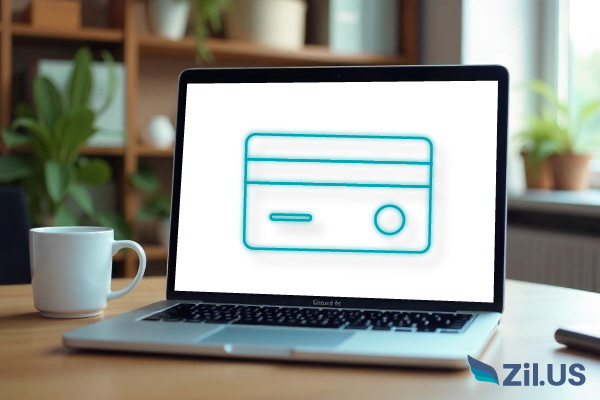Understanding Your Car Loan Options
Finding a car loan isn’t just about securing the lowest interest rate—it’s about understanding how different loan terms, fees, and conditions impact your long-term financial position. I’ve worked with enough borrowers to know that many focus solely on the advertised rate and overlook hidden costs that add up over time. The key is to assess all factors, compare multiple lenders, and ensure the loan structure aligns with your financial goals.
One of the first steps I recommend is using a comparison tool to assess different lenders. If you’re unsure where to begin, the right car loan can guide you toward a finance option that fits your needs. A proper comparison helps you identify the total cost of borrowing beyond just the interest rate.
Secured vs. Unsecured Loans
You’ll need to decide between a secured and unsecured loan. A secured loan uses the vehicle as collateral, which lowers the interest rate since the lender has some security if you default. Unsecured loans, on the other hand, don’t require collateral but often come with higher interest rates.
For most borrowers in New Zealand, a secured loan is the better option because it reduces costs. If you’re comfortable pledging your vehicle as security, you can save thousands over the course of your repayment term. However, if you have a strong credit history and want more flexibility, an unsecured loan may still be worth considering.
The Role of Your Credit Score
Your credit score plays a significant role in determining your interest rate. Borrowers with higher scores receive better terms, while those with lower scores might struggle to secure affordable financing. I always advise checking your credit report before applying for a car loan—this allows you to dispute errors and improve your score if needed.
If you have a poor credit history, some lenders specialize in loans for those with low credit scores, but expect to pay a premium in interest. If possible, improving your credit score before applying will put you in a stronger position.
Loan Terms and Repayment Periods
The loan term you choose affects your overall cost. A longer loan term means lower monthly payments but higher interest costs over time. On the other hand, a shorter loan term reduces interest but requires higher monthly repayments.
A common mistake I see is borrowers choosing long repayment periods to make monthly payments more manageable. While this might help with short-term budgeting, it often results in paying significantly more in interest. I recommend opting for the shortest term you can comfortably afford.
Hidden Fees That Add to the Cost
Loan costs go beyond interest rates. Many lenders charge additional fees, including:
- Establishment fees – A one-time setup fee that can range from $100 to $1,500.
- Monthly service fees – Some lenders charge ongoing fees of around $10 per month.
- Broker fees – If you use a broker to find a loan, they may charge a commission.
- Early repayment fees – If you plan to pay off your loan early, check if penalties apply.
- Balloon payments – Some loans require a large lump sum payment at the end of the term.
Always factor these fees into your total loan cost. What looks like an attractive rate could be significantly more expensive once these additional costs are included.
Choosing the Best Lender
Different lenders offer different benefits, so it’s worth comparing a few options before making a decision. Some lenders specialize in car loans, while others offer personal loans that can be used for vehicle purchases.
Car dealerships also provide financing, but these loans often come with higher interest rates and stricter repayment terms. Dealers may push specific finance options that generate commissions for them rather than offering the best terms for you. I recommend securing financing from an independent lender first and then negotiating the car price separately.
Should You Save for a Deposit?
Saving for a deposit reduces the amount you need to borrow, lowering your interest costs and improving your chances of approval. Some lenders offer zero-deposit car loans, but these usually come with higher rates.
If you can put down a deposit, even a small one, you’ll be in a stronger position to negotiate better loan terms. A deposit also signals financial stability to lenders, increasing your chances of getting approved at a competitive rate.
Final Thoughts
Car financing isn’t just about getting approved—it’s about securing terms that work in your favor. By comparing options, understanding hidden costs, and structuring your loan wisely, you can avoid common pitfalls and ensure your repayments remain manageable. Whether you choose a secured or unsecured loan, a shorter repayment term, or a deposit to reduce your borrowing amount, the key is to align your financing with your long-term financial plans.












